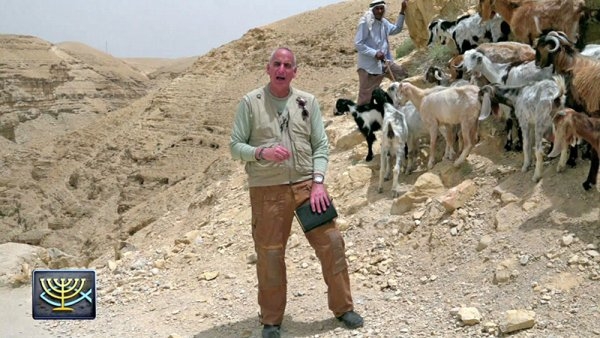
Note: You can control playback speed from the gear menu in the player above.
Caption transcript for Return to Eden: “Back to Eden” (2/10)

![Closed Captioned [CC]](/pics/cc.png) Closed Captioned
Closed CaptionedStay informed of our latest news and information.
Visit our blog!Tell a friend about Zola Levitt Ministries and invite them to our website.

